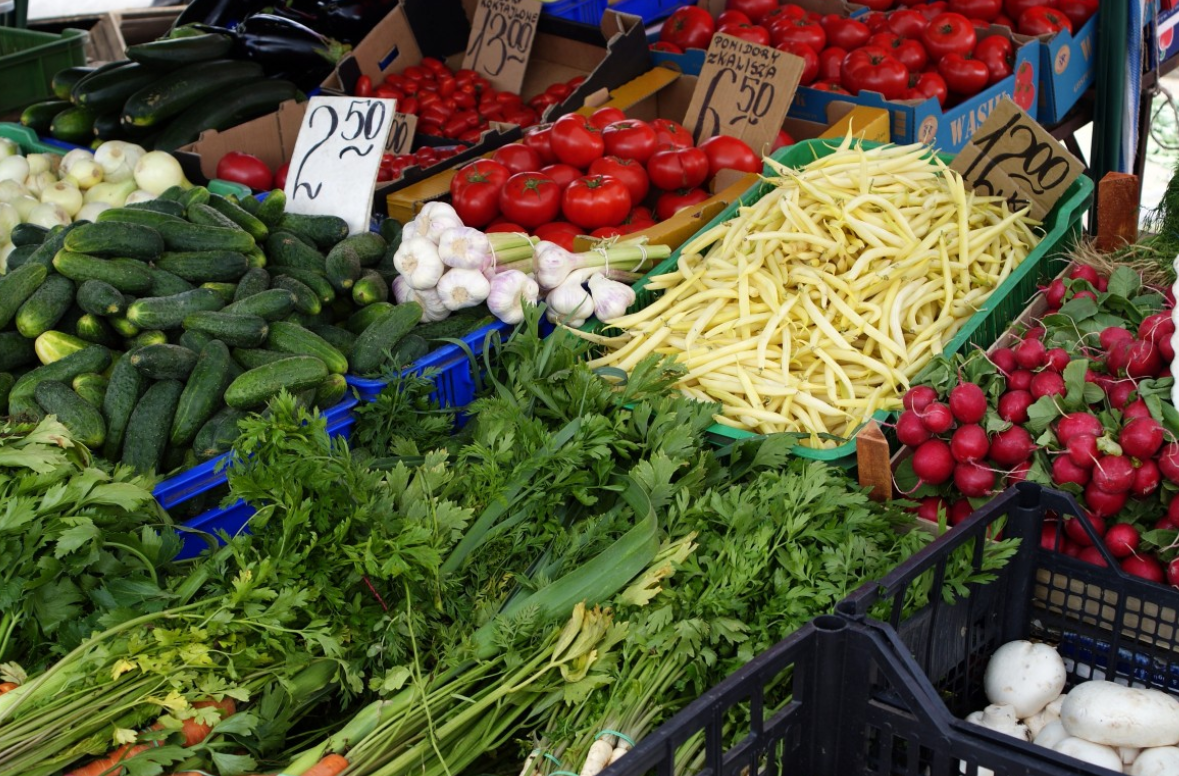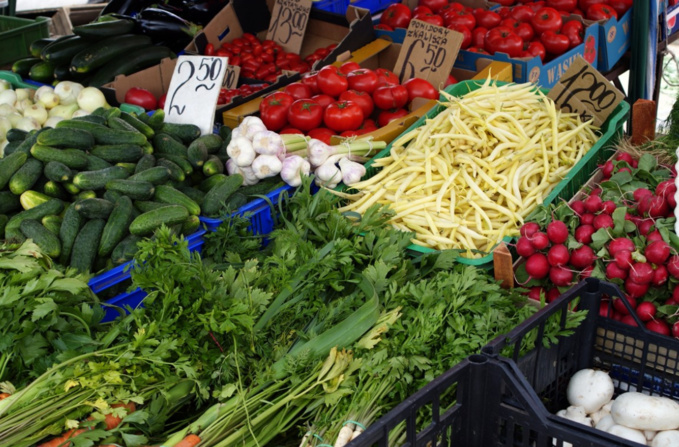The International Monetary Fund's new financial review (Fiscal Monitor) shows these conclusions. It reviews data from 134 nations on responses to rising food and energy prices as of March 31 this year. Consumption and income tax credits, as well as price freezes and/or price subsidies for certain categories of goods, were the most preferred policies.
According to the IMF, many of the suggested initiatives are untargeted (for example, fuel subsidies for a broad spectrum of customers) and can affect budgets, particularly those of the poorest nations. IMF specialists recommend that the government provide direct assistance exclusively to the most disadvantaged households, as general price subsidies are not only expensive, but also undermine producer incentives and contribute to excessive consumption. The IMF recommends that governments release food reserves to partially compensate for short-term shortages rather than implementing supply-chain-distorting export bans on food.
Despite expected increases in food and energy subsidies, increased market volatility, and new government spending, the IMF forecasts a reduction in global public debt in 2022.
source: imf.org
According to the IMF, many of the suggested initiatives are untargeted (for example, fuel subsidies for a broad spectrum of customers) and can affect budgets, particularly those of the poorest nations. IMF specialists recommend that the government provide direct assistance exclusively to the most disadvantaged households, as general price subsidies are not only expensive, but also undermine producer incentives and contribute to excessive consumption. The IMF recommends that governments release food reserves to partially compensate for short-term shortages rather than implementing supply-chain-distorting export bans on food.
Despite expected increases in food and energy subsidies, increased market volatility, and new government spending, the IMF forecasts a reduction in global public debt in 2022.
source: imf.org



















